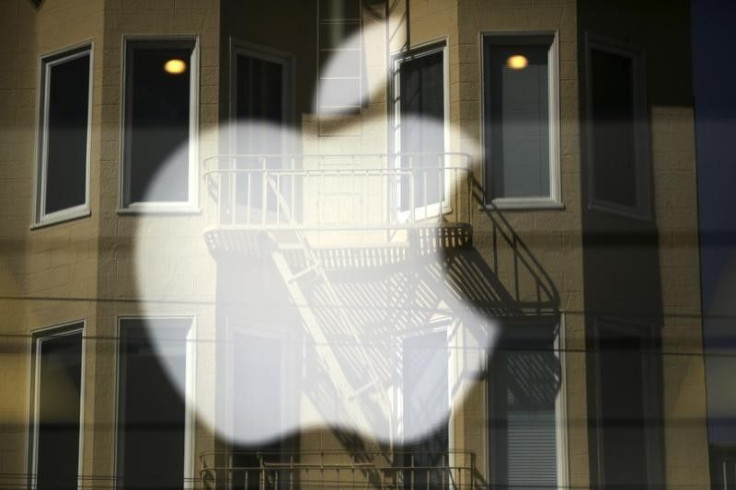iPhone 7 on Release Date Will Lure with Killer DSLR-Class Camera & Samsung-Made A9 Chip

The next iPhone release date, likely the iPhone 7, will boast of "the biggest camera jump ever," and this killer feature will be on hand as early as next year, new reports said.
DSLR shooting power in iPhone
Known Apple insider John Gruber is claiming that a huge iPhone camera upgrade can be expected in 2015 that largely includes the production of DSLR-class shots using the iOS-powered smartphone.
"I don't even know what sense this makes, but I've heard that it's some kind of weird two-lens system where the back camera uses two lenses and it somehow takes it up into DSLR quality imagery," Gruber was reported by Apple Insider as saying.
Multi-lens on camera is not entirely a new concept as the HTC One M8 delivered the same on its shooter earlier this year. It is likely that one implement of the 'big jump' that Gruber is talking about is the inclusion of 3D shooting technology that will significantly bump image quality, Business Insider said in a report.
21MP CMOS sensor
Or the tech giant will actually leapfrog into the latest CMOS sensor available and use the 21-megapixel Exmor RS IMX230 that Sony has introduced this week, MacRumors said in a report. In doing so, the next iPhone will be fully capable of capturing pictures with enhanced details and colours.
The latest Sony sensor will also pack High Dynamic Range (HDR) imaging, the same report added.
As Sony currently supplies the camera lens that Apple uses on its previous and latest iPhone models, the likelihood of IMX230 ending up with the iPhone 7 is quite high. Even if the iPhone maker opts out of the overkill 21MP lens, it can still pick the 12MP IMX230 variant that according to MacRumors is positioned for mass release next year.
iPhone chip made by Samsung
Meanwhile, as speculations begin to surface on what components and functionalities will get stuffed on the iPhone 6 sequel, it appears that Samsung will reassume its old role as one of Apple's major supply chain partners.
The chief Apple rival, according to The Korea Times, will supply the bulk of A9 application processors that will power the next-generation iPhones and iPads.
Samsung's A9 chip, which will use 14-nanometer FinFET processing technology, was favoured over TSMC's 16nm chip as the former is more powerful, energy-efficient and cheaper to produce - leading to considerably lower production cost for the next iPhone.
In the event Apple felt the need to skip its conventional 'S' phase next year, thus eliminating the iPhone 6S, the iPhone 7 should be well-positioned for a September 2015 release date.






